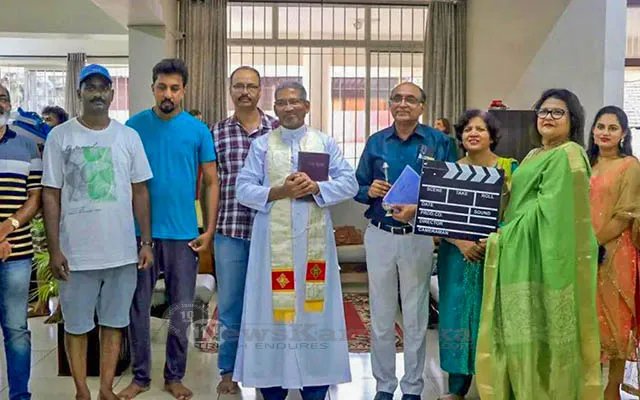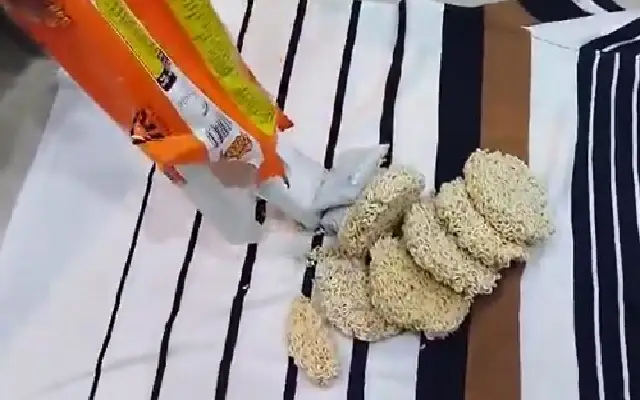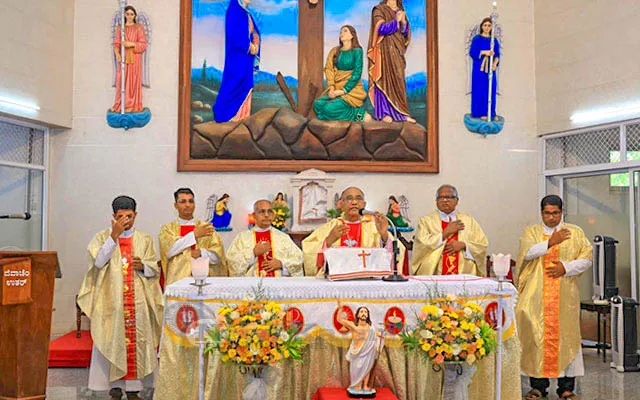 Ever since the onset of the pandemic in the early months of this year, one now hopes the onset of December will hopefully mark the closure of a year that has been problematic, painful, stressful and difficult for everyone everywhere.
Ever since the onset of the pandemic in the early months of this year, one now hopes the onset of December will hopefully mark the closure of a year that has been problematic, painful, stressful and difficult for everyone everywhere.
The State Technical Advisory Committee (TAC) for Covid-19 in its 53rd meeting held on 24 Nov 2020 reviewed the status of the pandemic in Karnataka and made certain suggestions regarding the measures to be taken over the next three months for controlling the spread of the disease. The State Cabinet will take a final decision on them.
While the picture at present does look positive with a net positivity rate of 1.6 % out of 1 lakh tests being done daily, compared to about 14% positivity in the tests done in Aug, the committee has noted with alarm the signs of a second wave appearing in other countries and also in some states in India.
The several layers of protection that were enabled, maintained consistently, and then relaxed in stages, have helped arrest the positivity rate. Keeping all these controls in place is critical now as any slip could cause a sudden spike in cases. The TAC has recognized that the ability of the pandemic to inflict its punishment is dependent on human behaviour.
To that end, the State government is now studying the results of the controlled opening of Colleges done in November and the covid infection trend for the population as a whole. After this review, the plan is to have a phased opening of schools, first of 10th and 12th classes, and if all goes well, in the next phase to open schools for students of 9 class and 11th class. After using the month of December for making preparations, including arrangements for sanitisation, testing, monitoring and reporting, it is planned to start the 10th and 12 class students from Jan (if the overall infection situation in the state allows it) and then monitor the result for at least one month before opening the schools for 9th and 11th class students.
With the situation very ripe for a second wave to appear, the TAC has identified other following areas of control that will also be emphasized now
1. Daily testing now at about 1 Lakh tests per day to be raised to a level of 1.25 lakh tests per day and maintained at that level up to the end of February)
2. Availability of dedicated Beds, ICUs and Covid Care Centers (CCC Units) is being maintained to ensure prompt medical care if and when the second wave makes its appearance. This will include a standby capacity of about 20 % to be kept in abeyance to meet sudden surges in demand where and when they occur, but otherwise kept aside and ready for deployment at short notice.
3. With the phased opening of senior school classes in Jan and Feb, fortnightly testing of all teachers, students and staff including Anganwadi staff will be done and continued thereafter.
4. The month of December is to be used by the schools to setup the facilities that will be required to be available once classes start namely setting up the areas for study, play and food while meeting social distancing norms, sanitisation and handwashing arrangements, getting and storing sufficient numbers of masks, disinfectants, sanitisers etc.
5. At the same time, enforcement of the use of masks in public areas will be tightened by deploying increased numbers of ‘Mask Marshals’, who will be tasked only with fining mask violaters in potential high-risk zones, namely around schools, colleges and neighbouring areas, markets, bus stops, and traffic intersections. Depending on the level of cooperation shown by citizens in the use of masks, the option of a short imprisonment of a few hours may also be kept open.
6. Restrictions will continue on superspreader events, even if held in the open with social distancing, and restrictions will continue on the total permitted no of attendees at any event, be it fairs, festivals, religious congregations, marriages, and funerals. Political and public meetings also will be permitted as per the criteria laid down for them.
Now we come to the one topic on everyone’s mind: The Christmas & the New Year Celebrations:
Going by the recommendations of the Committee, and the risk involved to people who may get inadvertently exposed to the virus, the chances of any big bash are a big no-no, with controls being put in place to ensure that no gathering takes place at resorts, halls, hotels, prominent roads or any other collection points. The possibility of a night curfew in the week leading up to the New Year is also under consideration. While this may look like a dampener, the freedom to celebrate this New Year will have to be very delicately balanced with the risk of superspreading the disease. The collection of a few hundred people, speaking loudly, dancing and singing within a limited space for over an hour or maybe two hours will certainly carry a big risk, and this when the threat is as great now as it has ever been for several months.
Protection of life is as much a responsibility that the political leadership is sworn to by oath, just as is the continuation of business and livelihood for all. This is a decision that will have to take a lot of factors into consideration, not the least being the prevailing infection rate in those last few days of the year. One can only say that “all options are on the table,” as we keep our fingers crossed and hope for a decision that is both safe and acceptable.
Among the other measures being planned, Cluster investigations in high-risk settings will be increased and surveillance staff deployed to monitor prisons, old age homes, educational institutions, and offices. The surveillance staff also will be reoriented in contact tracing.
Other places still under lockdown namely swimming pools and sports grounds will remain under lockdown till February 2021.
Vaccines are around the corner and as they make their appearance in other countries, the Hon’ble PM has assured us that distribution of the vaccines will start in India also soon. This distribution will also become a part of the testing and monitoring that will cover all parts of the population.

















